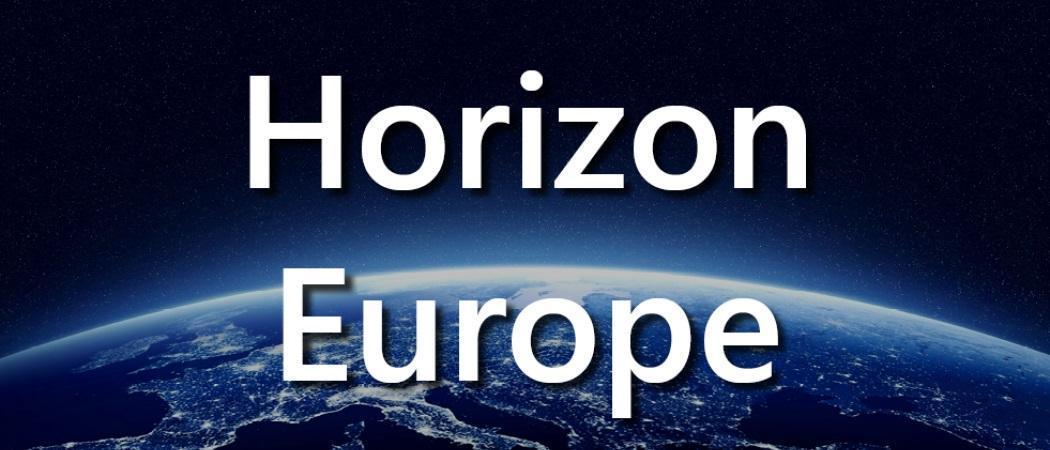After complaints about unequal access to leaked Horizon Europe draft programmes, the European Commission has started to publish some of them in a ‘transparency exercise’. The final rubber-stamped versions will appear early in May

Publication of final work programmes for Horizon Europe could now be pushed into the first week of May, as the European Commission opens up a selection of drafts, in what a Commission official called a “transparency exercise”.
On Monday, the European Commission updated the website of its register of expert groups with draft programmes for the new research programme, Horizon Europe.
“It’s a small exercise that we are doing as part of the transparency that is required for all expert groups,” said Julien Guerrier, director of the policy and programming centre at the Commission’s directorate for research and innovation.
Science|Business has already published draft work programmes for Horizon Europe, after the confidential documents began circulating on the internet in January.
Research stakeholders have been complaining about the Commission’s lack of transparency in the way draft programmes have been handled, decrying the uneven access to these documents, which allows institutions that are better connected to the Brussels policy machine to plan ahead of less-favoured counterparts.
Horizon Europe expert groups are helping the Commission formulate the detailed calls for proposals. Their meetings are not public, but DG Research is required to publish agendas, minutes and participants’ submissions on the register, or a dedicated website which is linked to the register. There is a waiver, in that Article 4 in the Commission’s regulation number 1049/2001, says certain documents can be exempted from publication if it would undermine a public or private interest.
The register of expert groups is hidden in the depths of the Commission’s network of websites. When Science|Business suggested the process could be more transparent, Guerrier said the Commission “cannot have a communication for everything.”
In other words, knowledge of availability of drafts is down to online sleuthing by stakeholders, and not something the Commission should bring to their attention.
Guerrier said the Commission published drafts of the general introduction and general annexes of Horizon Europe work programmes in December. “We started publishing them before Christmas,” he said. That followed the meeting of the expert group on “strategic configuration” at which it was agreed the draft version of the general annexes and introduction could be made public. Other committees had meetings in January, February and March. “We have different dates for each,” said Guerrier.
The Commission has a rule that it will not comment on leaked documents and has declined to say anything about the documents circulating online.
Science|Business has been publishing drafts since late January. Guerrier said that coincided with the Commission publishing some of the documents on the expert group register. “It so happens that more or less at the same time there were some leaks,” he said.
Final steps for Horizon launch
The Horizon Europe legislation has been split in two major components, the first of which was formally approved by all EU institutions in December. The second, outlining the structure and the objectives of the programme, the budget, the forms of EU funding and the rules for providing such funding, has yet to be approved by the European Parliament.
The EU Council today adopted its first reading position on the second part of the regulation, while the Parliament is scheduled to vote on the final text on 26 April.
The Commission could publish the final work programmes shortly after the vote, although their drafting is not directly linked to the legislative process. Guerrier said the Commission is still ironing out the final details. “This should lead us to a date around the beginning of May,” he said.
Strategic orientations are set
Earlier this week, the Commission published the Horizon Europe strategic plan, setting out four key objectives for research and innovation investments over the next four years.
First, the Commission wants the research programme to contribute to its broader political goals, in particular to help the EU achieve “open strategic autonomy” and become a global leader in the development of new technologies.
Then, Horizon Europe should contribute to the restoration of Europe's ecosystems and biodiversity; to making Europe the first climate-neutral economy; and to the development of a more resilient, inclusive and democratic society.





 A unique international forum for public research organisations and companies to connect their external engagement with strategic interests around their R&D system.
A unique international forum for public research organisations and companies to connect their external engagement with strategic interests around their R&D system.